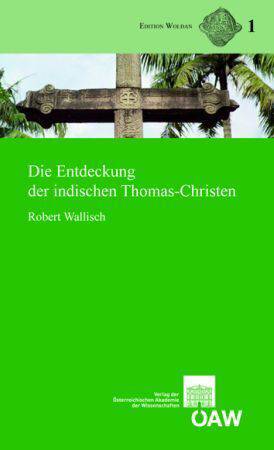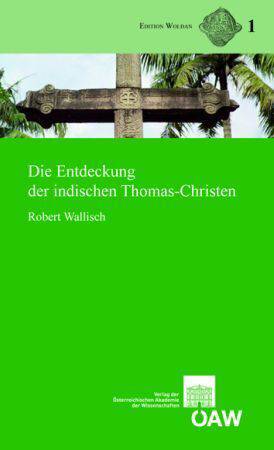
- Afhalen na 1 uur in een winkel met voorraad
- Gratis thuislevering in België vanaf € 30
- Ruim aanbod met 7 miljoen producten
- Afhalen na 1 uur in een winkel met voorraad
- Gratis thuislevering in België vanaf € 30
- Ruim aanbod met 7 miljoen producten
Zoeken
Die Entdeckung Der Indischen Thomas-Christen (Text, Ubersetzung Und Kommentar)
Mit Einem Anhang Zur Fruhneuzeitlichen Kartographie Indiens Von Gerhard Holzer
Robert Wallisch
€ 70,95
+ 141 punten
Omschrijving
The Saint Thomas Christians of South India, who claim that their Church was founded by the apostle of that name, came again into contact with the western world when the Portuguese arrived in Malabar in 1500. The encounter of the two cultures - in the beginning considered promising by both sides - was to take a tragic turn when Portuguese political interests in Malabar drove the Europeans to take over the Indian Church. In fact, the special sort of ecclesiastic state, built and maintained by the Saint Thomas Christians throughout the centuries within a largely hinduistic-muslimic world, was now shattered by the European intervention, split apart and alienated of its own traditions. The consequences can be seen in the conflictuous history of the Syromalabar and Syromalankar Churches in South India until today. The present book contains important historical texts from the Viennese Woldan Collection about the encounter of Europeans and Indian Saint Thomas Christians in the early 16th and 17th centuries.
Specificaties
Betrokkenen
- Auteur(s):
- Uitgeverij:
Inhoud
- Aantal bladzijden:
- 146
- Taal:
- Duits
- Reeks:
- Reeksnummer:
- nr. 1
Eigenschappen
- Productcode (EAN):
- 9783700139522
- Verschijningsdatum:
- 1/04/2008
- Uitvoering:
- Paperback
- Formaat:
- Trade paperback (VS)
- Afmetingen:
- 165 mm x 240 mm
- Gewicht:
- 339 g

Alleen bij Standaard Boekhandel
+ 141 punten op je klantenkaart van Standaard Boekhandel
Beoordelingen
We publiceren alleen reviews die voldoen aan de voorwaarden voor reviews. Bekijk onze voorwaarden voor reviews.








